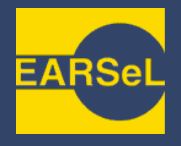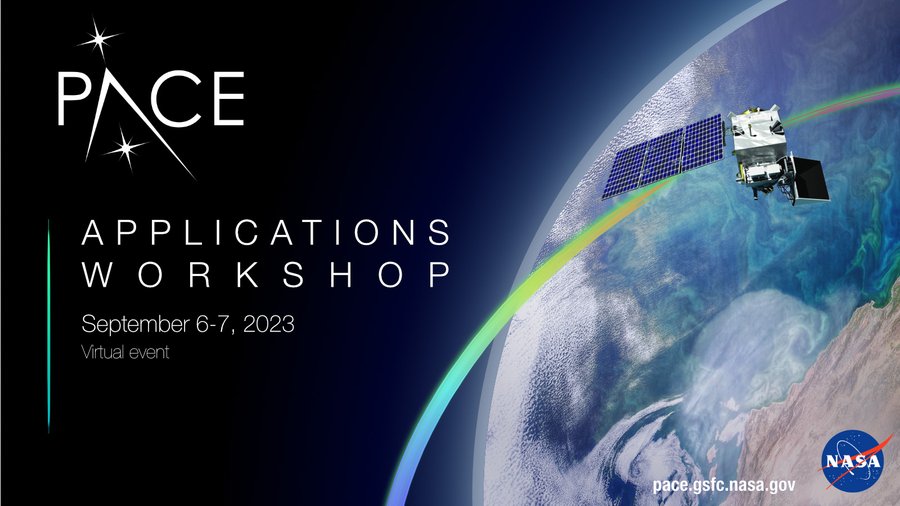The world has a water quality problem. Rivers, lakes, reservoirs, wetlands, and groundwaters are under more pressure than ever as humans rely utterly on the resources they provide. Do you want to know more about monitoring global aquatic ecosystems and resources? If so, you could take a professional development course with the UNEP GEMS/Water Capacity Development Centre at University College Cork.
GEMS, the Global Environmental Monitoring System for Water has been operating since 1972, and its Capacity Development Centre (CDC) offers training and education programmes for water professionals around the world. While our programmes range from free-to-all, downloadable handbooks to an MSc in Freshwater Quality Monitoring, some of our most popular courses are our six Continuous Professional Development modules.
- EV6012: Freshwater monitoring programme design
- EV6013: Quality assurance for freshwater quality monitoring
- EV6014: Data handling, assessment & presentation for freshwater quality monitoring
- EV6015: Water quality monitoring and assessment in rivers, lakes and reservoirs
- EV6016: Water quality monitoring of groundwater
- EV6017: Freshwater quality monitoring with biota and particulate matter
These 12-week courses are fully online and fully accredited by University College Cork. As a collection, they comprise a comprehensive overview of the techniques and best practices in freshwater quality monitoring and they are an excellent springboard to further, post-graduate education, advancing in your career.
You should apply for these courses if:
– You are a professional already working in the water sector and want to improve your knowledge OR
– You have a background in science and want to explore opportunities in freshwater quality monitoring and assessment.
Note that for students from developing countries, we offer reduced fees and bursaries; if you are approved for both, you can take a course with us completely FREE!
See CPDShortCourses and contact us at gemscdcadmin@ucc.ie for more information. The deadline for applications for our autumn courses is 31 July, 2023.





